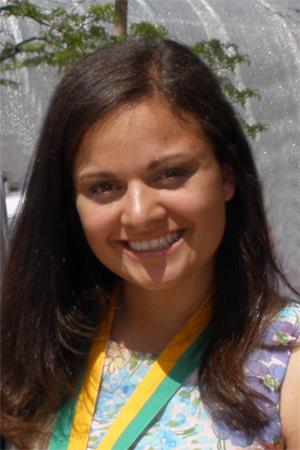Home
 By Melissa DeLoughry
By Melissa DeLoughry
(October 2011) Excited, yet aware of the uneasy feeling in the pit of my stomach, I arrive at the apartment of a patient.
The word patient sounds dry and void of the emotion that this person stirs in me. He was the first person I cared for on the wards, and will therefore always be a part of me.
I have noticed that certain people fade from memory as they transiently pass through my care. Others manage to become part of who I am. I can feel them, see their faces when I close my eyes and remember what their hands feel like in mine.
I’m not sure why that is. But this man is, and will always
It may have been his daily joking with me that brought us together, his stories that kept me in the hospital hours past when I should have gone.
Or the fact that, although I did not want to accept it, I knew that his cancer only granted him nine more months of life.
Something may also be said for the fact that medical school is a traumatic experience at times and, although it is no comparison to the difficulties that face those we care for, the struggling promotes powerful bonds.
Whatever the reason, something about our experience together moves me, and I know that here, at his home, the place he lives, I will lose the protection the hospital offers.
The hospital allows us, as health care providers, to imagine people’
A wave of sadness washes over me as I face the apartment complex head on. This lifeless brick structure with narrow hallways and low ceilings is his home. He deserves so much more.
The moment I enter the apartment
The most shocking of all moments is when, near the end of my stay, he asks me to feel his neck mass to see how it compares to when he was in the hospital. I am abruptly and uncomfortably taken out of the role of guest and thrown back into my white coat, which hangs in my closet. Feelings of inadequacy swell up inside my throat as I palpate his neck.
I can thankfully say the mass is shrinking, but I remain hopelessly
As I leave, I know I may never see him again. To this day those thoughts are the hardest.
How many people will I fall in love with?
How many hands will I hold during difficult decisions, and then let go? How many will look to me as their “doc” and then lose me to this unstable whirlwind of training? Will each loss of
These people stay with me; this man stays with me. Most difficult is the realization that our interaction although
Melissa DeLoughry is a third-year student at the University of Colorado School of Medicine.